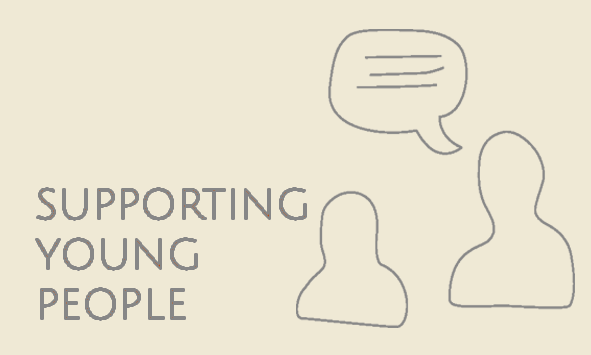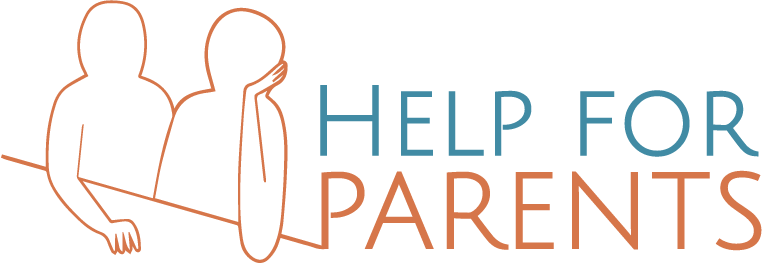
Tips for everyday support for the young person:
- Pay attention to their feelings and accept them as their reality right now
- Stay calm if they become anxious about a situation
- Recognise and praise small accomplishments
- Don’t punish mistakes or lack of progress
- Be flexible, but try to maintain a normal routine
- Modify expectations during stressful periods
- Plan for transitions (For example, allow extra time in the morning if getting to school or college is difficult)
- Remain hopeful – and remember change is possible
- Find something positive to do together that has nothing to do with mental health
Providing ongoing, everyday support as a parent
Parents can feel deskilled as a parent when their young person has mental health problems. Some parents say they feel uncertain how to help and are worried about:
• making things worse by doing or saying ‘wrong’ thing
• knowing when to step in and when to encourage them to make their own decisions.
Young people may need different things from you at different times. Sometimes practical support is what’s needed or helping them to find support. Equally important though is to just listen, accept and be there for them while they learn to cope.
Realising you can’t just fix things can be one of the hardest things for parents, and getting support for yourself can help you to do this.
Remember, recovery can take time… but things do often get better as young people’s brain continues to develop and they mature towards adulthood.
 Finding ways to help
Finding ways to help
Useful links:
How to have difficult conversations (Young Minds Parent Lounge)
What do young people say they want from parents? A downloadable leaflet for parents written by young people from YMCA in Brighton
Parents A-Z guide to support (Young Minds) – for guidance on how you can support your young person in relation to a range of issues
Parentchannel TV – Wellbeing This channel covers a number of ways to support your child’s physical and emotional wellbeing
Young Mind Parent lounge videos discuss how to deal with a range of different issues from depression though to school refusal and responding to anger.
Responding to self-harm and eating disorders
Parents/carers can take part in online parent forums to share information
and to give and receive support from each other
Parents experience of managing self-harm (Healthtalk)
A guide to self-harm for parent and carers (University of Oxford)
Supporting somebody with eating disorders (Beateatingdisorders)
Advice for friends, family and carers (National self-harm network)
Challenging stigma
Let your young person know you are not ashamed of them. There is still a lot of stigma surrounding mental health that can increase isolation and make it harder to recover. It takes a lot of courage to face a mental health problem. Be informed and proud of your young person. Visit Time to Change – and read positive stories of growth and recovery.
Supporting young people to continue in education
Longer term coping strategies
When your young person has a longer term or recurring mental health condition you may face different challenges and need to develop ways of coping together.
The Wellness Recovery Action Plan (WRAP) is a tool that helps someone to manage their own mental health. This maybe something you can encourage your young person to do and it will teach you about what helps them to cope as well as plan for any times of crisis.
Transferring from child to adult services can be an enormous upheaval for young people – As a parent or carer, being informed about this process can help you support your young person See A guide to transition to adult services for parents and carers
For other ideas about how to support young people see Mental Health and Resilience toolkit for parents (Boingboing)
I think the role of parent is something around holding that massive space that’s left by there not being services. I never thought about the fact that I was actually a carer, I just thought I was a mum doing what mums do. But actually, yeah, you become a carer
